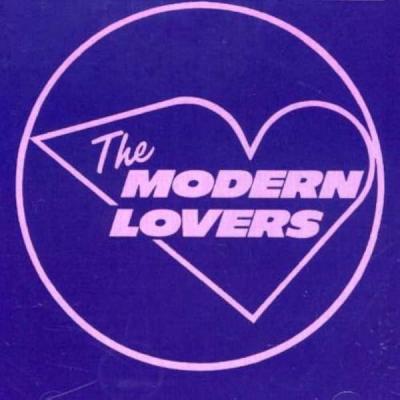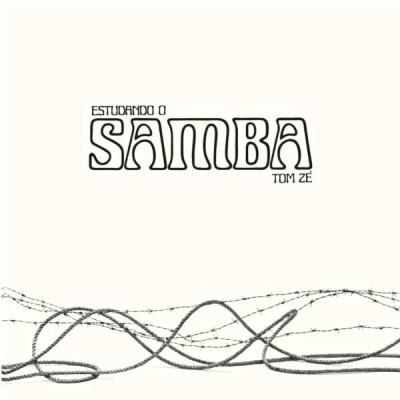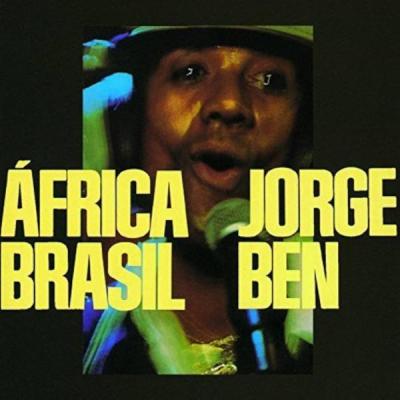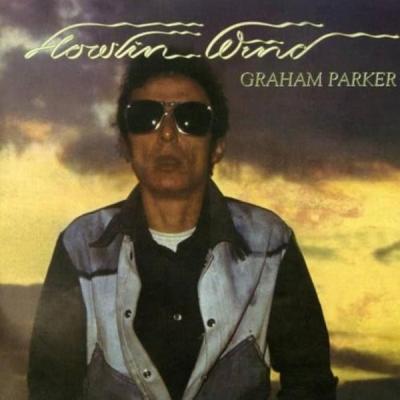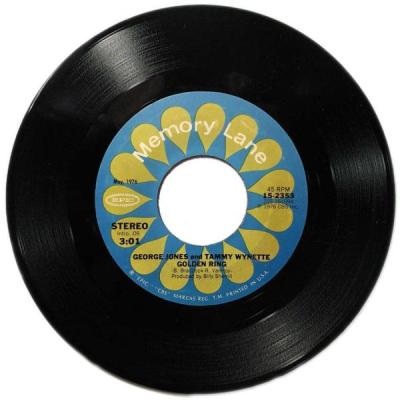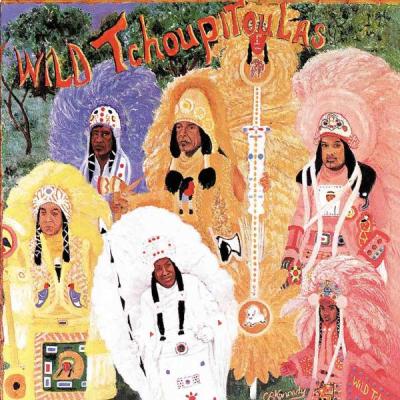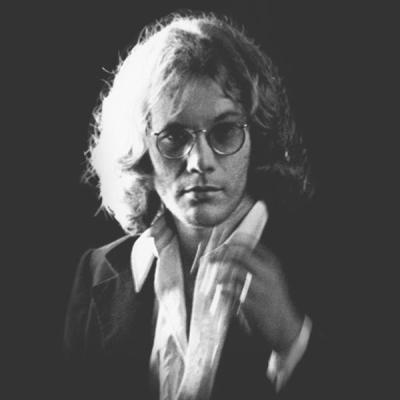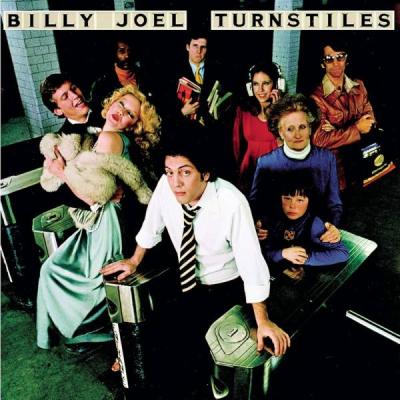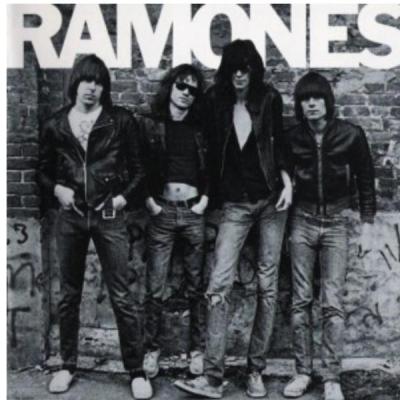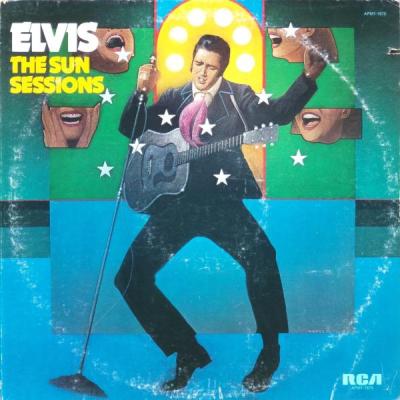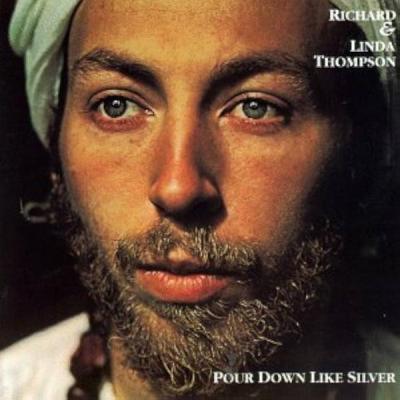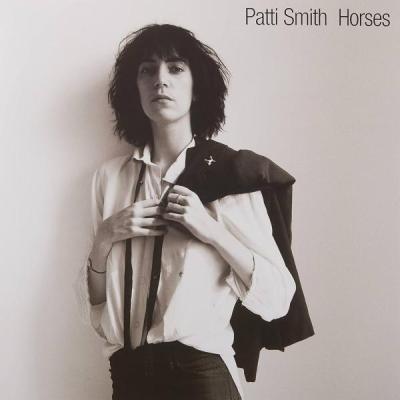


Velvet Underground and Nico
Album #74 - March 1967
Episode date - June 17, 2015
The accepted ‘book’ on this album is that it is the most influential album of all time that nobody actually bought. According to Billboard, though, the album actually did chart, indicating that sales were not stellar, but nor were they insignificant. To paraphrase Brian Eno, I guess that every single person who bought a copy started a band and got famous. More likely, though, is that the album’s relevance simply grew greater in stature as time passed.
This was one of pop music’s first ‘dangerous’ albums. Until this point, virtually all ‘popular’ albums were aimed squarely at the mainstream, and usually tried to convey a perspective that would not offend. After all, the whole point was/is to make people like your art, not hate it. The Velvet Underground were among the first bands to cross that threshold, and they got there by following the same line that fine art had already taken. 20th century fine art was remarkably confrontational, and often strived for a visceral reaction from the public and the critical cognoscenti.
Art had become a thinking man’s game, where the theory was more important than the painting itself – you could present an empty canvas and have it hailed as genius, provided you could provide a logical explanation for its existence (A great little book on this topic is Tom Wolfe’s “The Painted Word”). Andy Warhol’s soup cans and silkscreen paintings forced viewers to see art in the ordinary, and his philosophy fit well with the ideas that Lou Reed, John Cale, Sterling Morrison and Mo Tucker were brewing.
Once Warhol became the band’s manager, things started happening quickly. First came a record deal with MGM/Verve, who had no idea what they were about to get, and then came a semi-forced alliance with Nico, a German-born ‘chanteuse’ who had seemingly little in common with the others. Warhol acted as nominal producer, but in reality, Tom Wilson (the same guy who produced Dylan during his electric transition, subsequently electrified Simon and Garfunkel, then went to the west coast to sign and produce Frank Zappa) did the heavy lifting.
The album itself proved to be an extraordinarily deadpan observation of New York’s underground culture, simultaneously sympathetic and indifferent to the characters inhabited in Lou Reed’s lyrics. “Femme Fatale” is as close as the album comes to judgmentalism, with drug addiction and sado-masochism providing a textual base for many of the tracks. It veered from the gentle beauty of “Sunday Morning” and “I’ll Be Your Mirror” to the primal attack of “Waiting for the Man,” while John Cale’s influence and his viola provided a drone base that defined tracks like “Venus in Furs” and “Black Angel Death Song.”
In 1967, the public at large was disinterested in hearing primal arrangements with seemingly perverse topics, and sales were minimal. Slowly, though, the album’s sound and topicality grew steadily more acceptable, as popular music itself began to require an ‘edge’ for critical credibility. By 1977, ten years after its release, it seemed as though every active musician in the world was ‘rediscovering’ the album. To this day, virtually any record that is heard as confrontational can be traced to the Velvet Underground.
March 1967 - Billboard Charted #171
Related Shows
- 1 of 20
- ››


